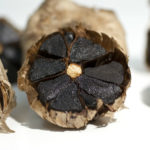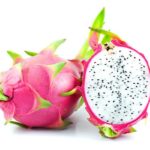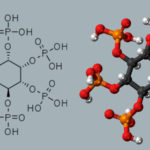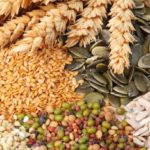Parsley
The nutritional composition of parsley leaves is a type of healthy vegetable, which is very good for enhancing health. In Traditional Chinese Medicine, parsley has a spicy and slightly sour taste, a warm nature, and is known as the herb for the kidneys, good for men’s sexual health.
Thanks to its high content of anti-inflammatory compounds, parsley can be used as a daily food to treat gynecological infections in women. Parsley also contains many vitamins and rough fibers, which have effects in improving digestive motility, treating constipation, preventing colon cancer.
In addition, parsley has the function of dispelling blood stasis, promoting blood circulation and detoxification. Regularly using parsley in winter and spring can help dispel cold, enhance physical strength, promote blood circulation, and prevent deficiency of yang energy.
Although it has many nutritional values, you should not consume too much parsley at once as it may affect digestion. It is best to eat it in a controlled amount of 100-200g/meal. Note that when cooking parsley, it should be cut into small pieces and stir-fried over high heat quickly. Stir-frying for too long will make parsley become mushy, not delicious, and also cause the sulfide compounds in parsley to deteriorate.
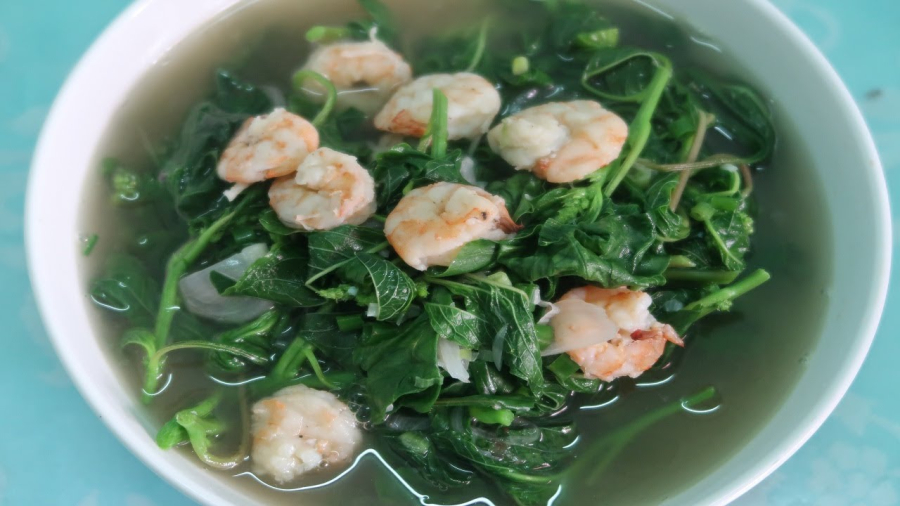
Portulaca Oleracea
Surely in rural areas, this type of portulaca oleracea is very familiar, as they grow wild in the garden, fences, or near the fields. In some countries, people praise portulaca oleracea for its excellent function in cancer prevention and treatment of diabetes, which is very good for health. However, in our country, many people believe that this is a weed and have eliminated it, thinking that it has no effect.
In terms of the medical effects, traditional medicine considers portulaca oleracea as a valuable herb, bringing many benefits to users. Portulaca oleracea has a slightly bitter taste. Eating this type of vegetable regularly helps with kidney stones, heat-clearing, phlegm-removing, and diuretic effects. In some places in Vietnam, people use portulaca oleracea for daily consumption. However, they still do not know the real effect of portulaca oleracea.
According to a recent study by scientists in the US, portulaca oleracea contains anticancer and anti-inflammatory properties and has a very strong ability to eliminate superbugs in the body.
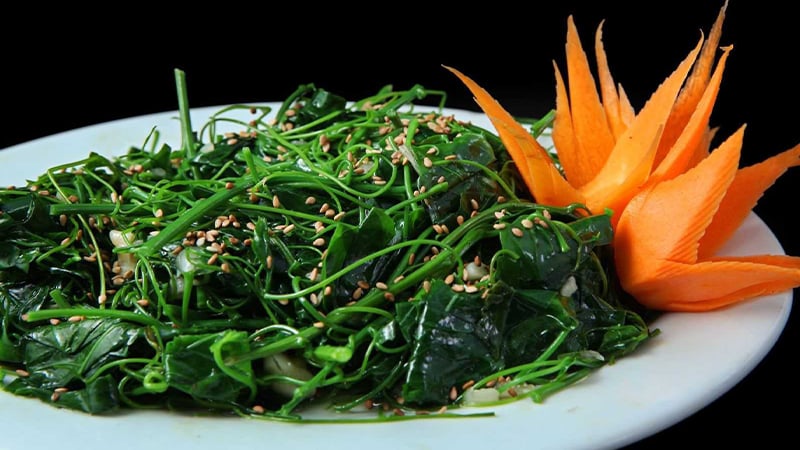
Knotweed
According to nutritional experts, the nutritional composition of knotweed contains up to 90% water and 8% vitamins, minerals such as beta-carotene, iron, potassium, magnesium, vitamin C, etc.
Specifically, 100 grams of knotweed can provide about 24 calories for the body, including: 277mg of potassium, 224mg of calcium, 62mg of magnesium, 5.2mg of vitamin C. At the same time, these are good nutrients for human health and essential for supplementing the body.
In addition, knotweed has the effects of heat-clearing, detoxification, and also has anti-inflammatory effects, pain relief due to the synthesis of prostaglandins, used to treat fever, cough, headache, cold, and inflammation. Among them, this vegetable has the effect of reducing fever, which is comparable to aspirin.
DIY Nutritious Cereal Flour and Its Benefits
Changing your diet for the better has never been easier – Ði?n Máy XANH has all the info you need on the highly nutritious cereal flour. In this article, we will look at the nutritional advantages it holds, how to cook with five kinds of beans, and how to get the most out of this incredible food for your wellbeing. Don’t miss out on these amazing health tips!
























